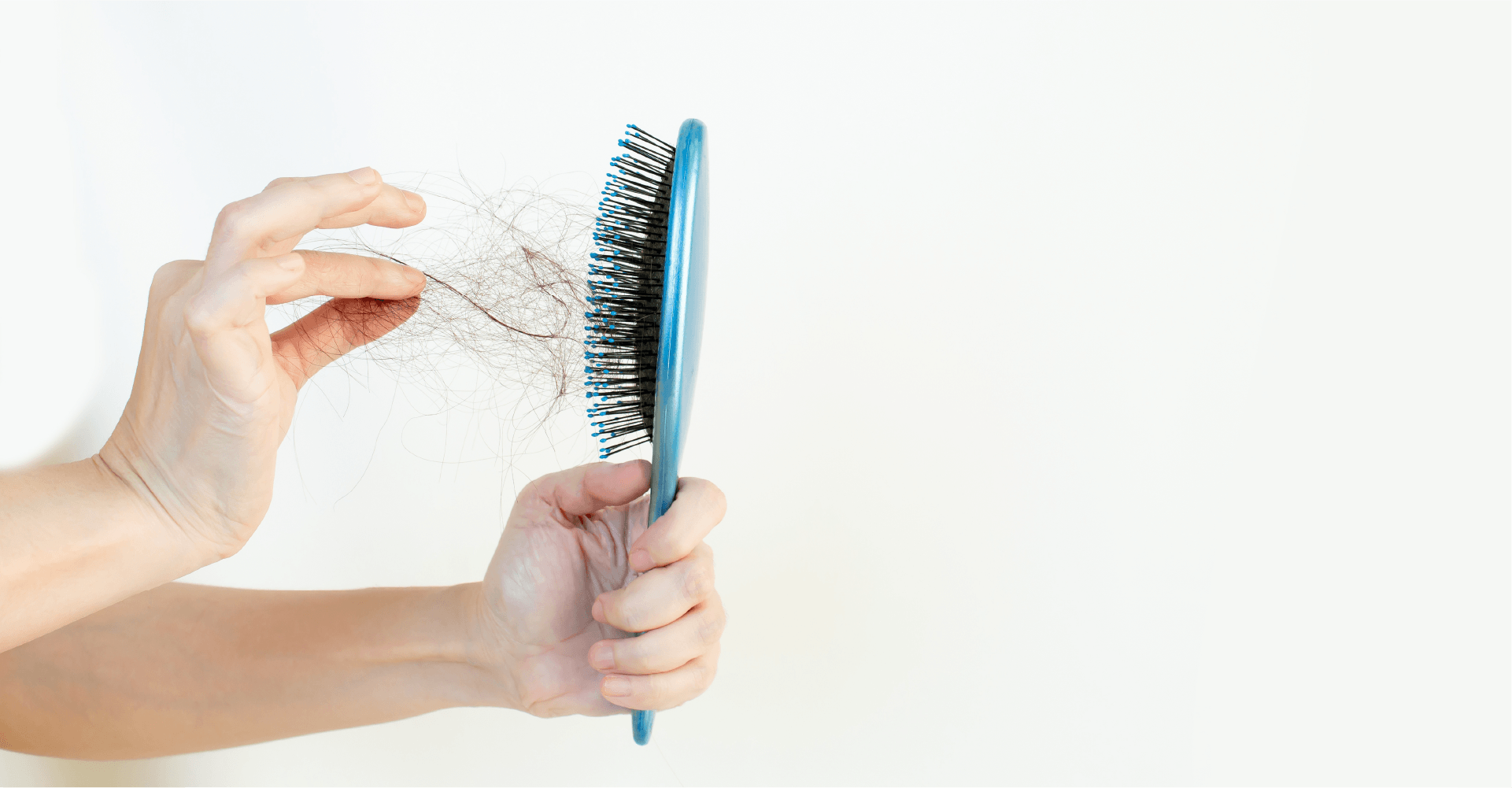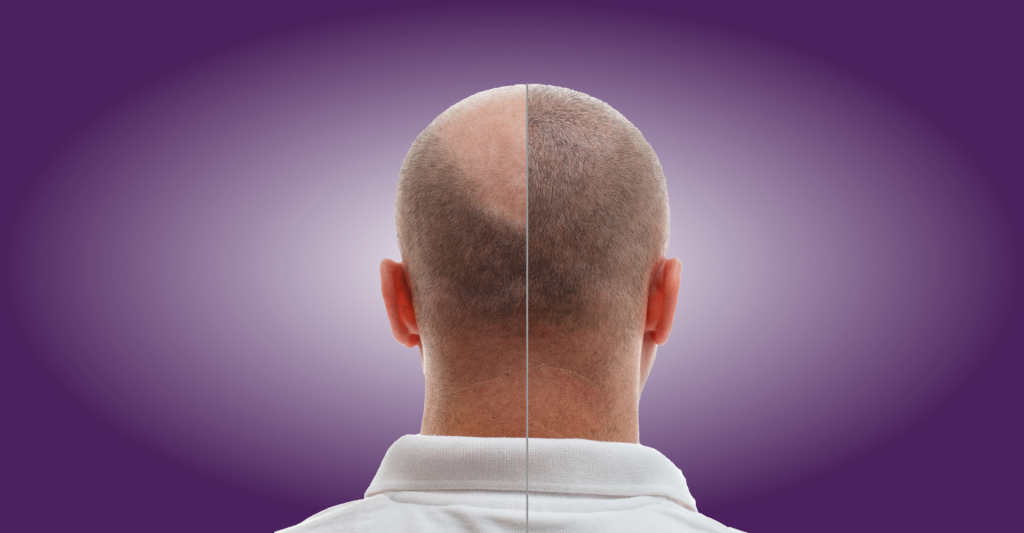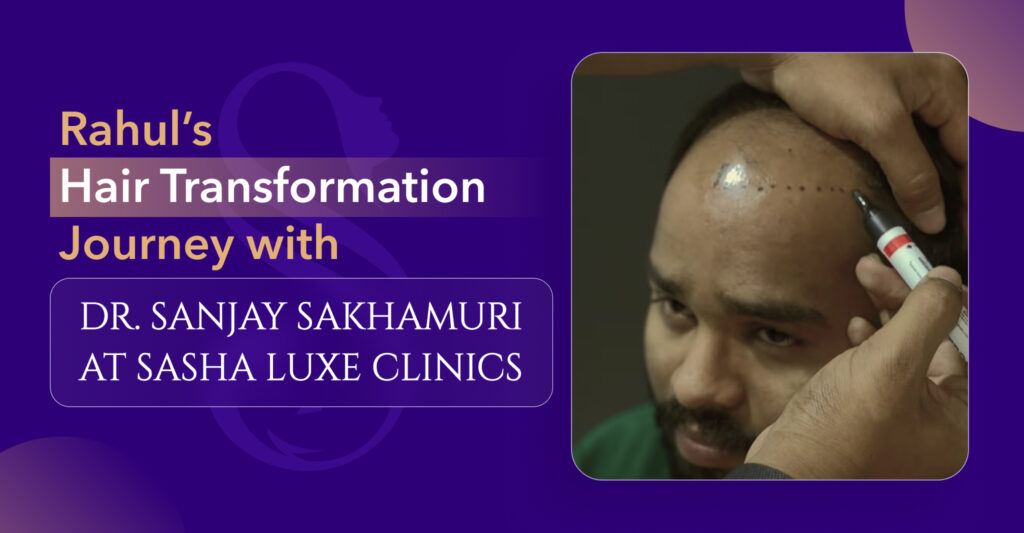The monsoon season brings relief from the scorching heat, but it also comes with its own set of challenges, including increased hair fall. The combination of humidity, rainwater, and dampness can weaken the hair strands, leading to excessive hair fall. However, with a few simple tips and tricks, you can protect your hair and maintain its health during the monsoon season. In this article, we will discuss effective strategies to prevent hair fall in the monsoon, so you can enjoy the rainy season without worrying about your precious locks.
Introduction: Understanding Hair Fall in Monsoon
The monsoon season can wreak havoc on your hair due to the high levels of humidity in the air. The excess moisture can weaken the hair follicles, making them more prone to breakage and hair fall. Additionally, rainwater contains pollutants and toxins that can further damage the hair shafts. By following the tips mentioned in this article, you can minimize the effects of monsoon on your hair and keep it healthy and lustrous.
Keep Your Scalp Clean and Healthy
Maintaining a clean and healthy scalp is crucial for preventing hair fall. Regularly wash your hair with a mild shampoo to remove dirt, sweat, and excess oil. Use a gentle circular motion to massage your scalp while washing to improve blood circulation and promote hair growth. Avoid using hot water as it can strip away the natural oils from your scalp, making it dry and prone to damage.
Use Mild and Sulfate-Free Shampoos
During the monsoon season, it is essential to switch to mild and sulfate-free shampoos. Sulfates are harsh detergents that can strip away the natural oils from your hair, leaving it dry and brittle. Look for shampoos that are specifically formulated for the monsoon season and contain natural ingredients like aloe vera or neem, which have antibacterial and antifungal properties.
Condition Your Hair Regularly
Conditioning your hair is vital to keep it moisturized and protected from the damaging effects of monsoon. After shampooing, apply a good quality conditioner to the lengths and ends of your hair. Leave it on for a few minutes before rinsing thoroughly. Conditioning helps to seal the moisture in your hair, making it less susceptible to breakage and hair fall.
Avoid Excessive Heat Styling
Excessive heat styling during the monsoon season can cause your hair to become weak and brittle. The high humidity levels make your hair more prone to damage from heat appliances such as hair dryers, curling irons, and straighteners. Whenever possible, allow your hair to air dry naturally. If you need to use heat styling tools, apply a heat protectant spray beforehand to minimize the damage.
Stay Hydrated and Eat a Balanced Diet
Hydration is essential for healthy hair growth. Drink an adequate amount of water throughout the day to keep your body and hair hydrated. Additionally, consume a balanced diet rich in vitamins, minerals, and proteins. Include foods like fruits, vegetables, nuts, seeds, fish, and lean meats to provide your hair with the necessary nutrients it needs to stay strong and vibrant.
Protect Your Hair from Rainwater
Rainwater can be harmful to your hair as it often contains pollutants and chemicals from the environment. Whenever you step out in the rain, cover your hair with a scarf or hat to protect it from direct contact with rainwater. This will minimize the absorption of pollutants and prevent them from damaging your hair.
Tie Your Hair Loosely and Avoid Tight Hairstyles
Tying your hair too tightly can cause tension in the hair follicles and lead to hair fall. During the monsoon season, opt for loose hairstyles that put less strain on your hair. Avoid tight ponytails, buns, or braids that pull on your hair. Instead, go for loose braids or open hairstyles that allow your hair to breathe and reduce the risk of breakage.
Say No to Chemical Treatments
Chemical treatments such as perming, straightening, or colouring can weaken your hair and make it more susceptible to damage during the monsoon season. Avoid these treatments as much as possible, or at least postpone them until after the rainy season. Embrace your natural hair texture and give it a break from harsh chemicals to prevent further hair fall.
Massage Your Scalp with Essential Oils
Massaging your scalp with essential oils can stimulate hair growth and reduce hair fall. Choose oils like coconut oil, almond oil, or olive oil and warm them slightly. Gently massage the oil into your scalp using circular motions for about 10-15 minutes. Leave the oil on overnight or for a few hours before washing it off. Regular scalp massages improve blood circulation and nourish the hair follicles, promoting healthier hair growth.
Cover Your Hair with a Scarf or Hat
When you are outside during the monsoon season, protect your hair from the rain by covering it with a scarf or hat. This simple yet effective measure will shield your hair from excess moisture and prevent it from becoming weak and prone to breakage. Choose a waterproof or water-resistant material to ensure maximum protection.
Dry Your Hair Properly
After washing your hair, make sure to dry it properly before leaving your house or going to bed. Excess moisture in your hair can create an ideal environment for fungal growth, leading to scalp infections and hair fall. Use a soft towel to gently pat your hair dry or use a blow dryer on the cool setting. Avoid vigorous rubbing with a towel, as it can cause friction and damage your hair strands.
Avoid Touching or Brushing Wet Hair
Wet hair is more fragile and prone to breakage. Avoid brushing or combing your hair immediately after washing it. Instead, allow your hair to air dry or use a wide-toothed comb to detangle it gently. Once your hair is completely dry, you can style it or brush it as desired.
Regular Trimming to Prevent Split Ends
Split ends can contribute to hair fall and make your hair appear dull and lifeless. Schedule regular trims every 6-8 weeks to get rid of split ends and maintain the overall health of your hair. Trimming prevents split ends from traveling up the hair shaft and causing further damage. It also gives your hair a strong and prevents excessive hair fall.
Taking care of your hair during the monsoon season is essential to prevent excessive hair fall. By following the tips and tricks mentioned above, you can minimize the impact of humidity, rainwater, and dampness on your hair. Keep your scalp clean and healthy, use mild and sulfate-free shampoos, and condition your hair regularly to maintain its moisture and strength. Avoid excessive heat styling, stay hydrated, and consume a balanced diet to provide your hair with the necessary nutrients. Protect your hair from rainwater, tie it loosely, and avoid chemical treatments that can weaken your strands. Massage your scalp with essential oils, cover your hair with a scarf or hat, and ensure proper drying to prevent fungal infections. Lastly, refrain from touching or brushing wet hair and schedule regular trims to prevent split ends.
If you’re looking for professional assistance in managing your hair during the monsoon season, consider visiting Sasha Clinic. Sasha Clinic is a renowned hair care clinic with experienced specialists who can provide personalized guidance and treatments to address hair fall concerns. With their expertise and advanced techniques, they can help you maintain healthy hair and combat the effects of the monsoon season.
Remember, healthy hair requires consistent care and attention. By incorporating these tips into your hair care routine and seeking guidance from experts like Sasha Clinic, you can enjoy the monsoon season without worrying about hair fall.













